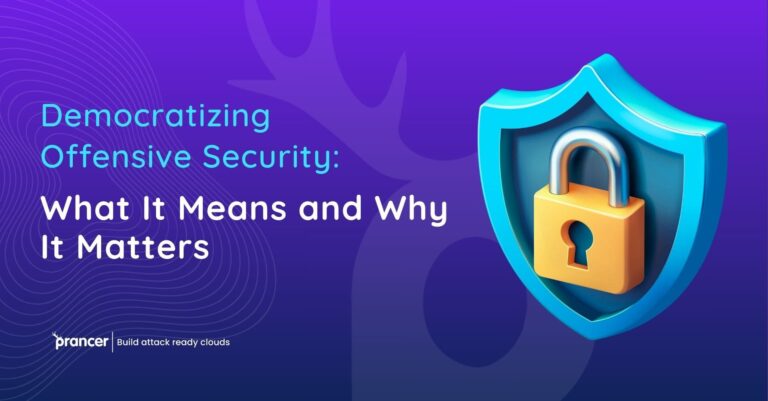

In the realm of application security, firewalls play a critical role in safeguarding networks and protecting sensitive data. This article provides insights into the importance of firewalls in application security while emphasizing the value of automated security solutions. Discover how Prancer’s advanced solutions can help you enhance your network security and fortify your application security.
The Significance of Firewalls: Firewalls act as a barrier between your internal network and external threats, monitoring and controlling network traffic based on predefined security rules. By examining incoming and outgoing traffic, firewalls help prevent unauthorized access, protect against malicious activities, and fortify the security of your applications.
The Power of Automated Security: Automated security solutions play a crucial role in fortifying network security and protecting sensitive data. By leveraging intelligent algorithms, continuous monitoring, and real-time threat intelligence, these tools can detect and block malicious traffic, identify potential vulnerabilities, and ensure the overall security of your network. Prancer, a leading provider of automated security solutions, offers comprehensive features to enhance network security and protect applications.
In addition to the automated security solutions highlighted above, Prancer offers features such as secure code storage, access controls, and real-time threat intelligence to further enhance network security. With Prancer’s comprehensive suite of automated security solutions, organizations can strengthen their network security, protect sensitive data, and fortify their application security.
Strengthen Your Application Security with Prancer’s Automated Solutions and Firewalls
Firewalls are integral to protecting networks and maintaining application security. By leveraging Prancer’s advanced automated security solutions, organizations can enhance their firewall management, implement intrusion detection and prevention measures, and ensure compliance with security policies. Secure your network, safeguard your applications, and fortify your overall application security with Prancer’s comprehensive suite of automated security solutions.
